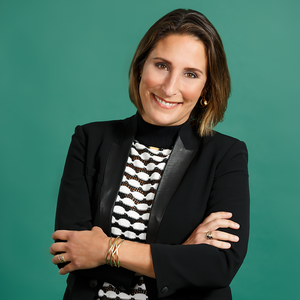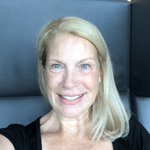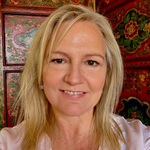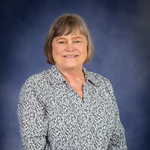Event Details
The Art and Science of Belonging: Engaging Today's Students with Insight, Skill and Capacity
International schools are putting enormous resources into building a culture of belonging in their schools. We know it is the foundation for academic engagement and the safety of our young people depends on it.
In spite of our best intentions, we are struggling to improve students' sense of belonging in our schools. We are struggling to convince students to support each other. Through all of this is a pervasive sense that this generation is just different from others (more anxious, increasingly reluctant to join or invite others into social groups, and more socially aggressive, to name three) and advances in technology are profoundly changing the learning environment in ways we can't fully anticipate.
The stakes are high. No matter how much technology advances, how we manage ourselves in groups and build a sense of belonging in our school communities is the essential component to any thriving school.
For over 25 years Rosalind Wiseman has been a global leader in creating cultures of belonging in schools. For the last two years, Rosalind worked with developmental psychologist Professor David Yeager on the just published book 10 TO 25: The Science of Motivating Young People. Based on cutting edge brain and behavior research, 10 TO 25 describes the fundamental reframing necessary to communicate effectively with young people. It doesn't traffic in anxious hand-wringing about this generation. Instead, 10 TO 25 not only presents comprehensive research on young people's development but goes the essential step further to show the "how do we talk to them" that Rosalind has dedicated her career to.
Topics covered:
- Understanding the most recent research on how the drive for status and "earned prestige" drives motivation
- Identifying the key components to "wise" feedback Defining the five questions teachers need to ask their students to create a classroom of belonging
- Understanding the protector, enforcer and mentor mindset
- Teacher scripts to help avoid power struggles and miscommunication
We often describe young people as the future. Instead, let's think of them as our collective "right now." We must strengthen our understanding, compassion, and capacity to work with this generation of students. They need our wisdom and we need to understand the most effective and inspiring way to reach them for our collective good.








